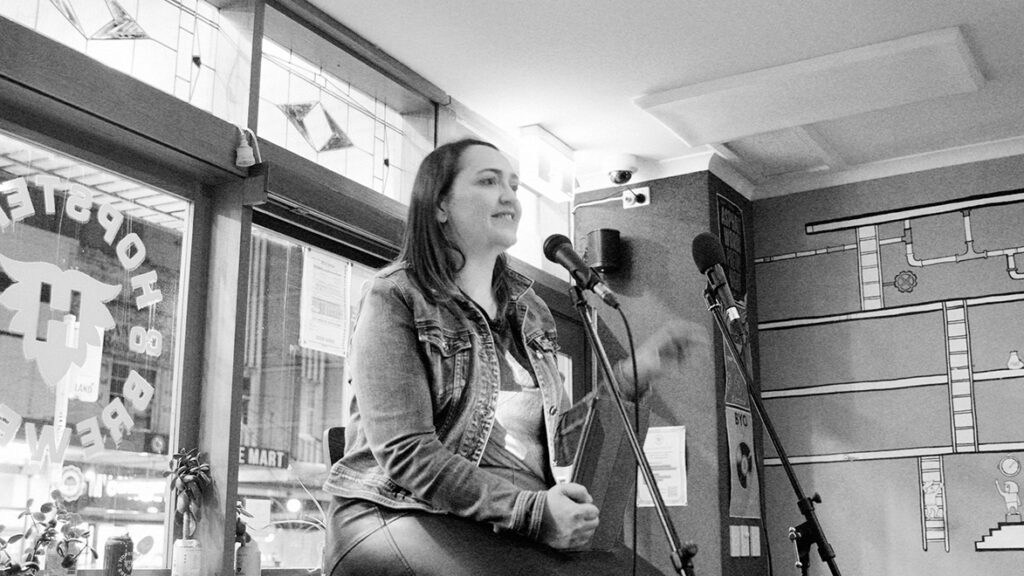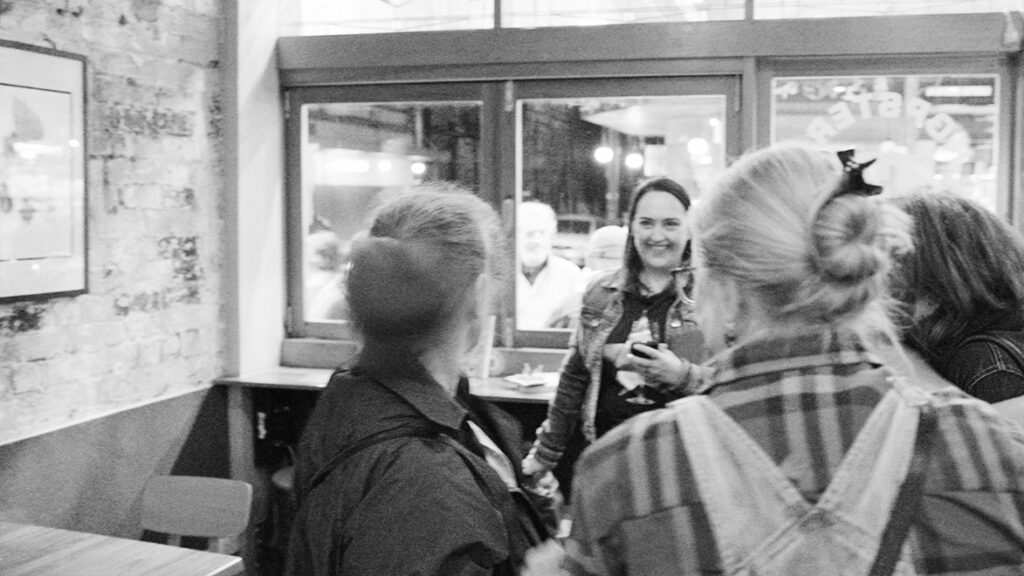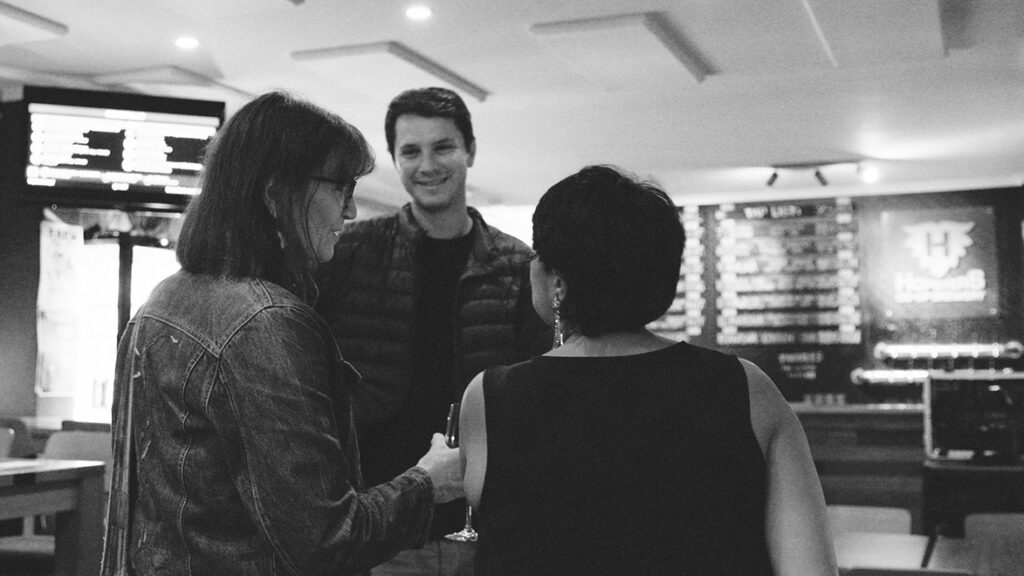A Reflection on Emily Maguire’s Provocation
Rapture, Permission, and the Work Itself: A Reflection on Emily Maguire’s Provocation
At the Inner West Creative Network, we believe the most powerful provocations don’t just inspire — they unsettle, disrupt, and realign. Emily Maguire did just that at our most recent IWCN Meet-Up.
With generosity, clarity and a fierce intellect, Emily offered a provocation that quietly stripped away so many of the myths that cling to the creative process. What does it mean to write into history? To take a legend barely sketched in the historical record — a woman dismissed as myth or cipher — and make her flesh and thought and action? And more personally, what does it mean to give oneself permission to make that leap — across genre, across form, across our own internalised limits?
What Emily gave us was not a how-to manual, nor a tidy lesson on literary genre. What she offered was much braver — a transparent, self-inquiring reflection on what it means to do the work as an artist. To not know if it will land. To be afraid of stepping into a space you feel you haven’t been “allowed” to enter. And still, to write. Still, to make.

She described her journey in writing Rapture — a novel that inhabits the early Middle Ages through the imagined life of the first female pope Agnes (or Joan), a woman mostly erased by time. What once seemed to Emily like an intimidating chasm — the gaps in the historical record — became the very spaces where her fiction could flourish. As she told us, “these were just absolute opportunities.” And so, she invented. She stepped into the unknown, not to control it, but to meet it.
What made her provocation so resonant for the audiene was her articulation of a tension many creatives know too well: between the desire for validation and the need for internal compass. In the absence of a clear measure of success, how do we stay true to the work? How do we stay steady when trusted readers, agents, editors — even ourselves — diverge in opinion?
Emily's answer is both simple and profound: touchstones.
These are not templates. They’re not maps or pathways. They are agitators — works of art, images, texts, television, sculpture — that reconnect her to her own aesthetic values, to what she finds true and vital in creative expression. Angela Carter’s sensuous prose in The Bloody Chamber, Danielle Dutton’s compressed immediacy in Margaret the First, the irreverent boldness of The Great, the mythical viscerality of Kiki Smith’s sculptures — these became Emily’s touchstones. When the work began to feel abstract, too intellectual, or lost in research, these works brought her back to earth, to body, to risk and imagination.
Her story about one sculpture — a nameless image she kept returning to throughout the writing. Only after finishing her manuscript did she discover the name of the piece: Rapture. The same title she and her editors had landed on, just days earlier, without knowing the connection. A small piece of magic, as she put it. But also a reminder that sometimes, the work knows itself before we do.
Emily’s words landed like a gentle challenge: What are the myths you believe about your practice? Who do you think needs to give you permission? What does your work know that you haven’t yet realised?
And, perhaps most significantly: Are you listening to it?
As a network, IWCN exists to create space for precisely these kinds of conversations — ones that don’t just show the finished work, but speaks to the often-murky terrain of making it. Emily Maguire’s provocation reminded us that creativity isn’t a fixed identity or a professional lane we must stay within. It’s a continual return to the page, the material, the process — trusting that the work itself will teach us what we need to know.

We thank Emily for her honesty, her humour, and her willingness to make her vulnerability a resource for others. We understand that thriving as a creative practitioner is not about certainty. It’s about courage, community, and finding the touchstones — and the people — that keep you steady when the ground gets soft beneath you.
And we’ll keep gathering, provoking, and reflecting.

Article by Michelle St Anne
